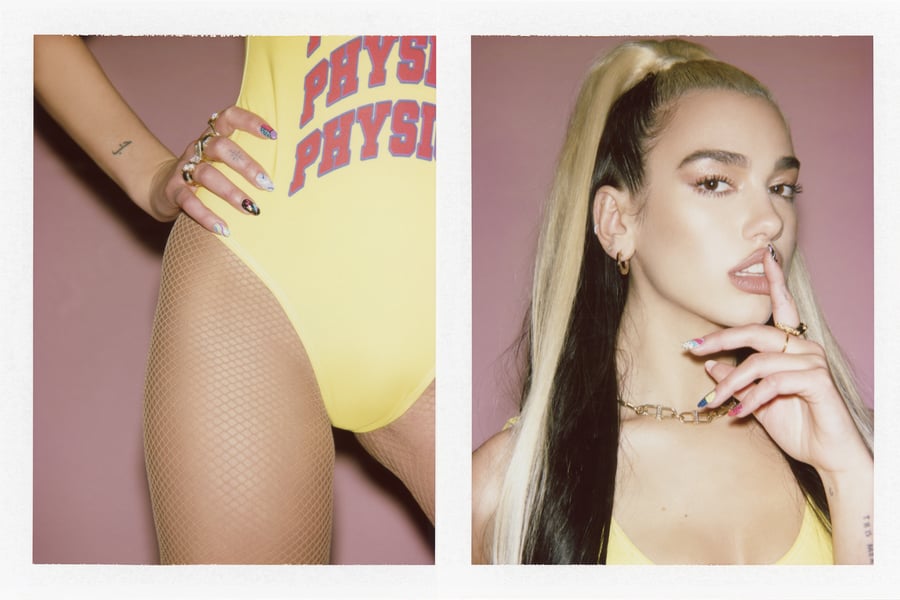In early December of last year, back when we still could go places, I took a trip to New Orleans, where seemingly every gay bar I visited had already added Dua Lipa’s “Don’t Start Now” into rotation. The song was barely a month old at that point, but it felt like she’d found a recipe for club glory with her sleek new disco-influenced tune. The song’s appeal was immediate in the moment, with hooks piled upon hooks in such a way that I couldn’t have shaken it loose from my brain even if I’d wanted to. But it was also clear that some of its power derived from tapping into a rich vein of musical history, a characteristic that would become even more resonant in the troubling months that followed.
Before disco became a lazy person’s punch line, it was the music of liberation. The communities that helped establish it and move it toward popular consciousness in the 1970s — black, Latinx, queer, and their intersections — faced daily discrimination and struggle at the margins, their bodies frequently subjected to violence. Dancing at a place like the Paradise Garage or David Mancuso’s Loft was a means to allow yourself to feel free and unencumbered for a brief time, a way to defy all the negative forces that conspired against you every other minute of your life. The songs reflected that experience, setting messages of strength and resilience, love and lust, to brisk, four-on-the-floor rhythms and ecstatic melodies that constantly reached for a higher place.
It’s hard to know if Lipa had all that history in her head when she was recording her new album, Future Nostalgia — there’s nothing wrong with assembling an album of throwback bangers, anyway — but her aesthetic choices add up to a clear homage to that era and the synth-heavy dance pop that followed. Released right in the middle of the COVID-19 pandemic, when nearly everyone is stuck at home, her album is ironically now a prescription for better living while we can’t sweat out our worldly troubles on packed dance floors.
As a production, Future Nostalgia has traces of those pop stars who previously looked to disco for inspiration, including Lady Gaga, Queen, and Madonna. It’s full of lush strings, house-influenced piano chords, and the kinds of free-roaming, rubbery bass lines that would have made Chic’s Bernard Edwards proud. Echoing disco divas of the past, Lipa sings of strength and survival on “Don’t Start Now” — to my ears, the most immaculate pop single so far this year — but then celebrates carnality and physicality as the gateway to higher ground in “Levitate” and “Hallucinate.” Of course, it’s socially irresponsible to be out hooking up at random right now, but I don’t see why the same principles can’t just as easily apply to some Lizzo-style self-love.
There’s also a thread of uncertainty that runs through songs like “Break My Heart” and “Physical,” as if it’s impossible to know how new relationships or even a hot-burning love will shake out — a feeling that’s heightened at present. In the darker-sounding “Physical,” she insists on trusting the instincts of her body: “Lights out, follow the noise/Baby keep on dancing like we ain’t got a choice,” she sings. Because what is physical movement like dancing if not, on some level, a refusal to surrender to fear and death, no matter where you do it?
The future beyond the pandemic is vague at best, but we can momentarily escape the grimness of the news cycle and the sameness of our surroundings by setting our bodies free at home. Future Nostalgia is a perfect soundtrack to put us in that head space, at least until we can all be together in a dark, crowded room again.
Love Music?
Get your daily dose of everything happening in Australian/New Zealand music and globally.



































